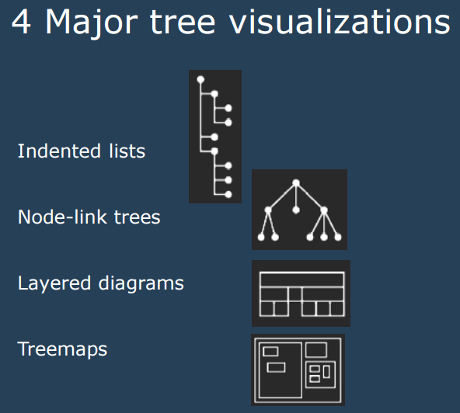From a recent email about Balisage 2019:
Some “Balisage: The Markup Conference 2019” dates are coming soon:
March 29, 2019 — Peer-review applications due
April 12, 2019 — Paper submissions due
July 30 — August 2, 2019 — Balisage: The Markup Conference
July 29, 2019 — Pre-conference Symposium – Topic to be announced https://www.balisage.net/Balisage: where serious markup practitioners and theoreticians meet every August.
A colleague recently asked me to share the program for Balisage 2019 to help support a request to attend. What, I was asked, will we talk about at Balisage 2019. I replied “It will be a variety of topics relating to markup, but we won’t know the specifics until May.” “Why? It seems like you should know that now.” was the response. “Why don’t you just decide who you want to talk about what and assign topics?” “Because that would not be a contributed paper conference, it would be some other sort of event!”
Balisage *is* a contributed paper conference, and the submissions from people who want to speak drive the program, the hallway conversations, and the whole tone of Balisage!
If you want to speak at Balisage 2019, if you want to help shape the conversation, if you have an idea, experience, opinion, or question relating to markup, please submit a paper to Balisage 2019!
We solicit papers on any aspect of markup and its uses; topics include but ARE NOT LIMITED TO:
• Cutting-edge applications of XML and related technologies
• Integration of XML with other technologies (e.g., content management, XSLT, XQuery)
• Performance issues in parsing, XML database retrieval, or XSLT processing
• Development of angle-bracket-free user interfaces for non-technical users
• Deployment of XML systems for enterprise data
• Design and implementation of XML vocabularies
• Case studies of the use of XML for publishing, interchange, or archiving
• Alternatives to XML/JSON/whatever
• Expressive power and application adequacy of XSD, Relax NG, DTDs, Schematron, and other schema languages
• Invisible XMLDetailed Call for Participation: https://www.balisage.net/Call4Participation.html
Call for Peer Reviewers: https://www.balisage.net/peer/ReviewAppForm.html
About Balisage: https://www.balisage.net/For more information: info@balisage.net or +1 301 315 9631
Papers are due for Balisage in a little more than 90 days.
Anyone doing a topic map paper this year?
“If you can point to it, we can identify it. If we can identify it, we can map it. If we can map it, …,” well, you know how the rest of it goes.
Data silos continue to exist because they are armor. Armor that protects some stakeholders from prying eyes. Up for a little peeping?


